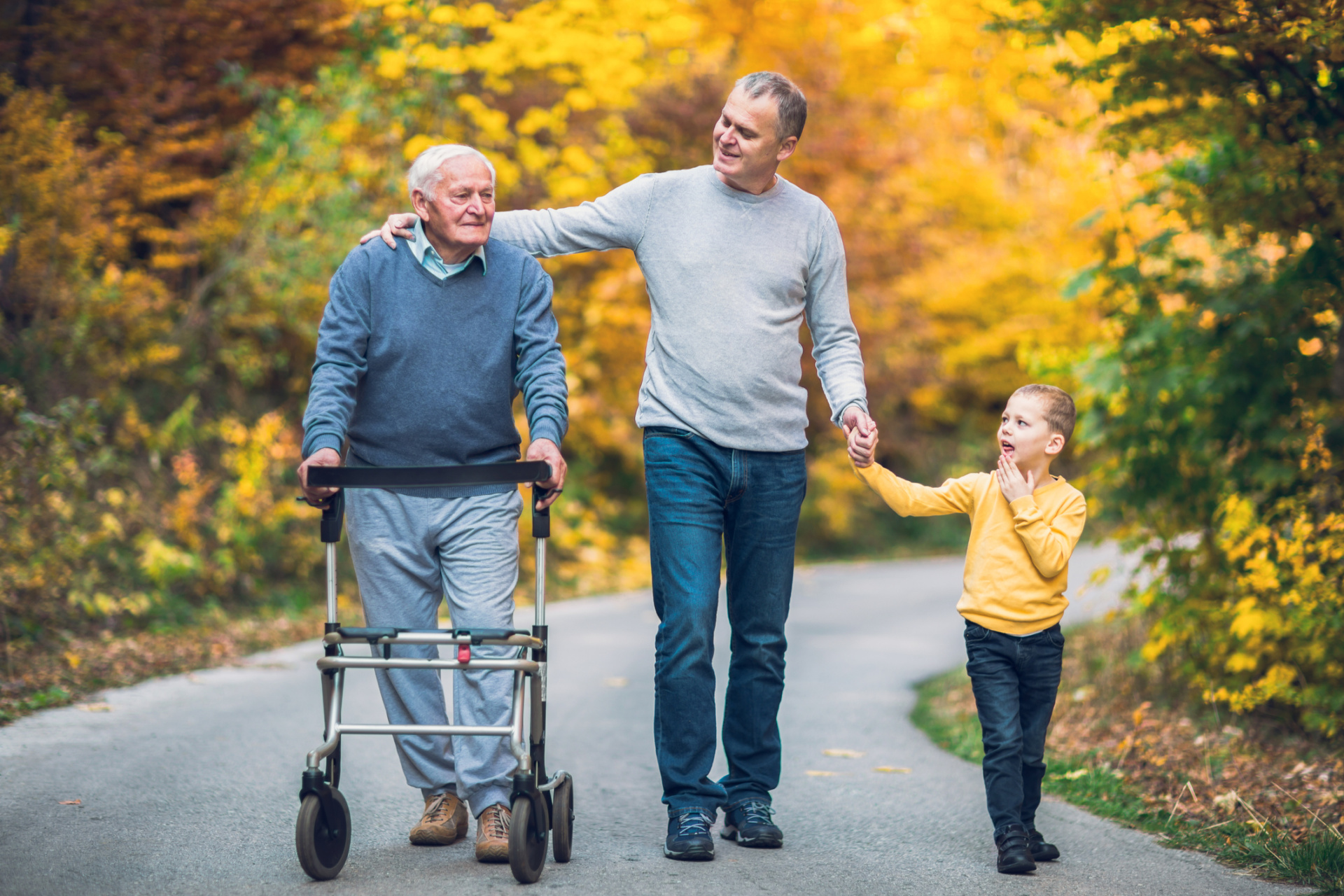
Mobility problems are common among seniors, especially those living with arthritis, Parkinson’s disease, or osteoporosis. Unfortunately, an elder’s mobility is likely to decline over the years, which may become a concern for their loved ones.
It is natural to worry about an older person who struggles with poor balance or faces difficulties pushing themselves out of the bath or off a chair. Yet, you could take various steps to improve their independence and help them enjoy their golden years. Read this guide to helping an aging relative with mobility issues.
Introduce Mobility Aids in the Home
If an aging relative struggles to climb out of bed or walk up and down the stairs, consider introducing various mobility aids into their home. For example, you could invest in:
- Stairlift
- Grab bars
- Bath or shower seat
- Riser recliner chair
- Walking stick
- Outdoor ramp
Consider an Assisted Living Facility
If an aging family member’s mobility is declining, you may need to talk about them moving into an assisted living facility to receive extra support. It is natural to worry about an older adult falling over or sustaining an injury in the home, which is why professional care might be the best option for their needs.
An assisted living facility will allow your loved one to maintain their independence each day, but they will have access to 24-hour support when they need it. It will provide you and your family with peace of mind that experts are on-hand to help your loved one complete a challenging task (such as bathing or dressing) or receive immediate assistance from on-site nurses if needed. Read the full details on what to expect from a quality senior living facility.
Show Compassion and Understanding
It is natural for an aging loved one to experience feelings of upset or frustration when living with a mobility issue. For this reason, they might become reluctant to ask for help due to stubbornness, embarrassment, or a combination.
As much as you might want to take over a chore or help them complete a task, you must avoid dominating them when attempting to help. Instead, ask if they would like assistance and maintain an understanding, compassionate tone. There is no guarantee your relative will not reject your help at first, but your calm, reassuring nature might convince them to swallow their pride and accept your support.
Encourage Daily Exercise
Exercise can feel a challenge for people with mobility issues. Yet, seniors need to embrace physical activity for at least a few minutes each day to prevent a problem from spiraling out of control.
Encourage your loved one to get up from a seat and move around the room. Also, they could use resistance bands or light weights to strengthen their muscles. Regular physical activity will improve their flexibility and balance, decrease pain, and help them maintain a healthy weight. A few small exercises could make a big difference to their physical and mental health.




